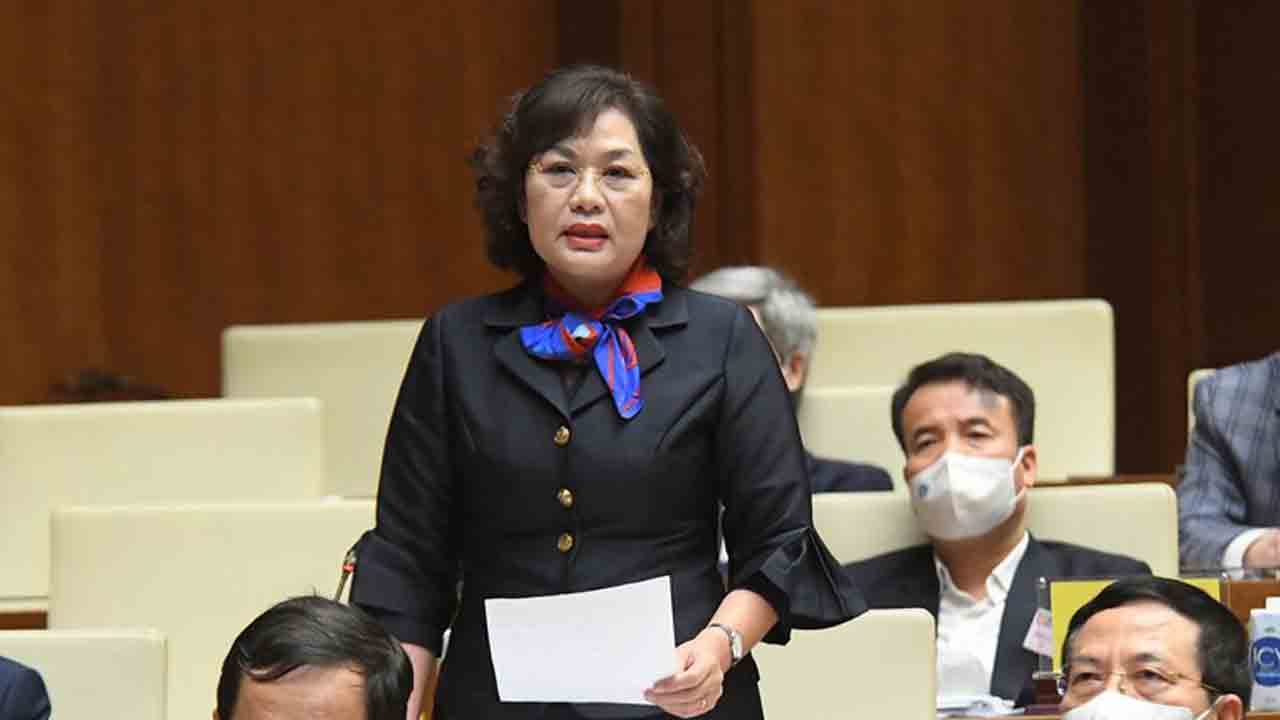HCMC – Vietnam is seen keeping inflation under 4% as targeted for this year, but next year inflation risk is extremely high, said Governor of the State Bank of Vietnam (SBV) Nguyen Thi Hong.
At a question-and-answer session on November 12 at the National Assembly’s second sitting, the governor of the central bank said the global economy is on the path to recovery but global goods prices have surged. For example, fuel prices soared 55.2% in September, the local media reported.
Inflation rates in some countries have soared to all-time highs. The United States put its inflation at 6.2% in October, the highest since 1990; South Korea’s inflation has exceeded 3%, the highest since 2012; and Europe’s inflation has also risen to its 13-year high.
With a ratio of the import-export revenue to the gross domestic product of 200%, Vietnam is facing the high risk of import-driven inflation.
In addition, central banks in other countries have revised their monetary policies with 65 interest rate hikes worldwide. Therefore, Vietnam has come under pressure as it is tough to put inflation under control and adjust monetary policy.
SBV’s monetary policy in the not-too-distant future would continue serving two missions: bringing inflation under control and stabilizing the macroeconomy, and ensuring safety for the banking system.
Since early last year, the central bank has cut interest rates three times by 1.5-2 percentage points each, which was significant compared with other regional countries.
SBV has called on commercial banks to cut lending rates, and the average lending rate has dropped by 1.66 percentage points against the pre-pandemic period.
Since January 23 last year, banks’ interest rate cuts have amounted to nearly VND30 trillion. They will continue revising down rates in the rest of this year.
Banks have also offered fee cuts totaling over VND2 trillion for customers.
Hong added that banks’ bad debt had increased and they had used their resources to settle it.
If the financial capacity of banks falls, the banking system’s safety and payment capability would be affected.
The central bank will continue calling on banks to lower their operating costs to make more lending rate cuts possible while ensuring safety for the banking system.
SBV will also cooperate with the Ministries of Finance and Planning and Investment to weigh packages to cut lending rates.











